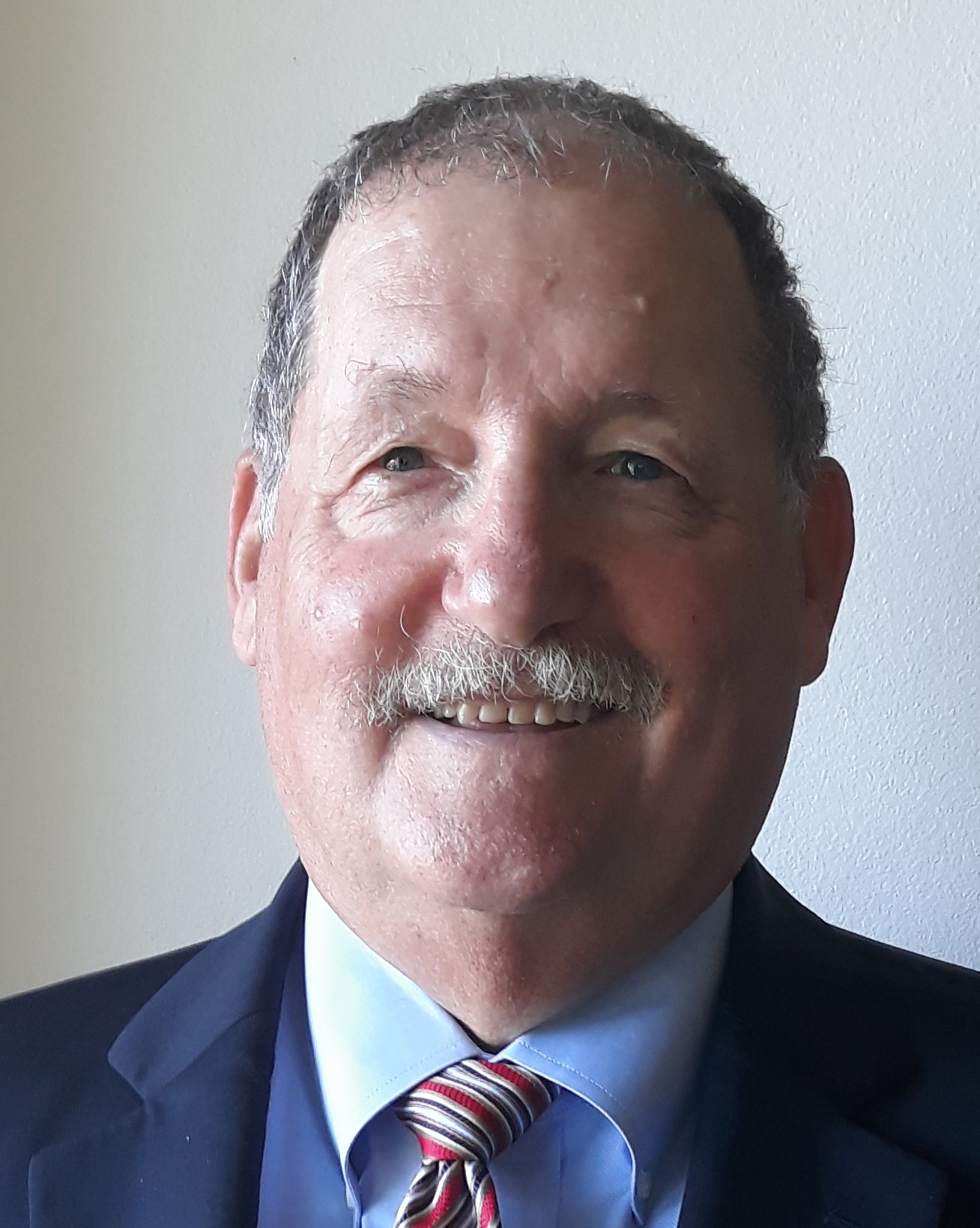Mad In America has;
PsychRights' Letter to the President's Task Force on Gun Violence
I am flattered and pleased to have been asked by MadInAmerica to post here theletter PsychRights wrote Monday to Vice President Biden regarding the misguided, counterproductive and very dangerous focus on identifying and forcing “treatment” on people diagnosed with mental illness as any part of the solution to gun violence in the United States.
January 7, 2013The Honorable Joseph Biden
Vice President of the United States
The White House
1600 Pennsylvania Avenue
Washington, DC 20501Re: Gun Violence Task ForceDear Mr. Vice President:In the wake of the unimaginable tragedy at Sandy Hook Elementary School, there has been an understandable assumption that increased use of mental health services and a mental registry is part of the solution. Understandable, but wrong.This reaction is wrong because of two basic facts: (1) there is no reliable way to predict who will commit such a terrible act, and (2) the pervasive use of psychiatric drugs, which is the mainstay of mental health treatment, increases rather than decreases extreme violence.With respect to the former, there is a recent Washington Post article (attached)[1]that goes through violence research, and includes the following observations:
- “There is no instrument that is specifically useful or validated for identifying potential school shooters or mass murderers.”
- “The best-known attempt to measure violence in mental patients found that mental illness by itself didn’t predict an above-average risk of being violent.”
- “
tudies have shown that psychiatrists’ accuracy in identifying patients who would become violent was slightly better than chance.”- “[T]he presence of a mental disorder [is] only a small contributor to risk, outweighed by other factors such as age, previous violent acts, alcohol use, impulsivity, gang membership and lack of family support.”
In short, as logical as it might appear, trying to identify potential mass murderers in advance by focusing on people diagnosed with mental illness simply won’t work.With respect to (2), the propensity of psychiatric drugs to cause violence, attached is the Statement on the Connection Between Psychotropic Drugs and Mass Murder recently issued by the International Society for Ethical Psychology and Psychiatry (ISEPP), demonstrating the clear link between psychiatric drugs and violence. As the ISEPP Statement points out:
- Christopher Pittman was on antidepressants when he killed his grandparents.
- Eric Harris, one of the gunmen in the Columbine school shooting, was taking Luvox and Dylan Klebold, his partner, had taken Zoloft and Paxil.
- Doug Williams, who killed five and wounded nine of his fellow Lockheed Martin employees, was on Zoloft and Celexa.
- Michael McDermott was on three antidepressants when he fired off 37 rounds and killed seven of his fellow employees in the Massachusetts Wakefield massacre.
- Kip Kinkel was on Prozac when he killed his parents and then killed 2 children and wounded 25 at a nearby school.
- In fourteen recent school shoots, the acts were committed by persons taking or withdrawing from psychiatric drugs, resulting in over 100 wounded and 58 killed.
- In other school shootings, information about the shooter’s prescription drug use and other medical history were kept from public records.
This last point is very important—the involvement of psychiatric drugs in many mass shootings is being withheld from the public. There have been reports that Adam Lanza was on psychiatric drugs, but that has not been confirmed to my knowledge. It is essential that the involvement of psychiatric drugs in these tragedies be investigated and reported to the public.What is clear, is that the involvement of the mental health system and mental health professionals does not prevent these horrors and being diagnosed with a mental illness is not a reliable predictor of violence. In this regard, if one were to analyze the small correlation between a diagnosis of mental illness and violence that the Washington Post story reports, one would find (a) that the violence causing properties of psychiatric drugs is not taken into account, (b) much of the violence by people diagnosed with mental illness was provoked by the traumatic actions of the mental health system, which is often physical violence itself (or being threatened with such action),[2] and (c) what is classified as violence often does not involve serious harm.The bottom line is that while focusing on people diagnosed with mental illness might give one the feeling that something is being done to address the problem, the fact is that it will not. Frankly, it would just be scapegoating.Focusing on having more coercive mental health interventions and a mental health registry is doomed to failure. The National Empowerment Center, headed by Daniel Fisher, MD, has issued a very insightful statement of what will be truly helpful (attached). I understand Dr. Fisher has been asked to contribute to the Task Force’s work and I hope the Task Force pays close attention to what he has to say.Yours truly,James B. (Jim) Gottstein, Esq.President/CEOcc: Daniel Fisher, MD
Thank You Mad In America and Mr Gottstein, and the very best of luck To You, Mr Gottstein.
You're going to need it.



2 comments:
I've been researching the Columbine tragedy for years, and I've never seen any evidence, or even an implication, that Klebold was taking any anti-depressants with the possible exception of St. John's Wort. What is your source for the Paxil with regards to Klebold?
This is a reposting of an article generated by the public interest law firm psychrights.
"and Dylan Klebold, his partner, had taken Zoloft and Paxil"
Which, unless we're misreading it, states that Klebold HAD taken paxil.
Post a Comment